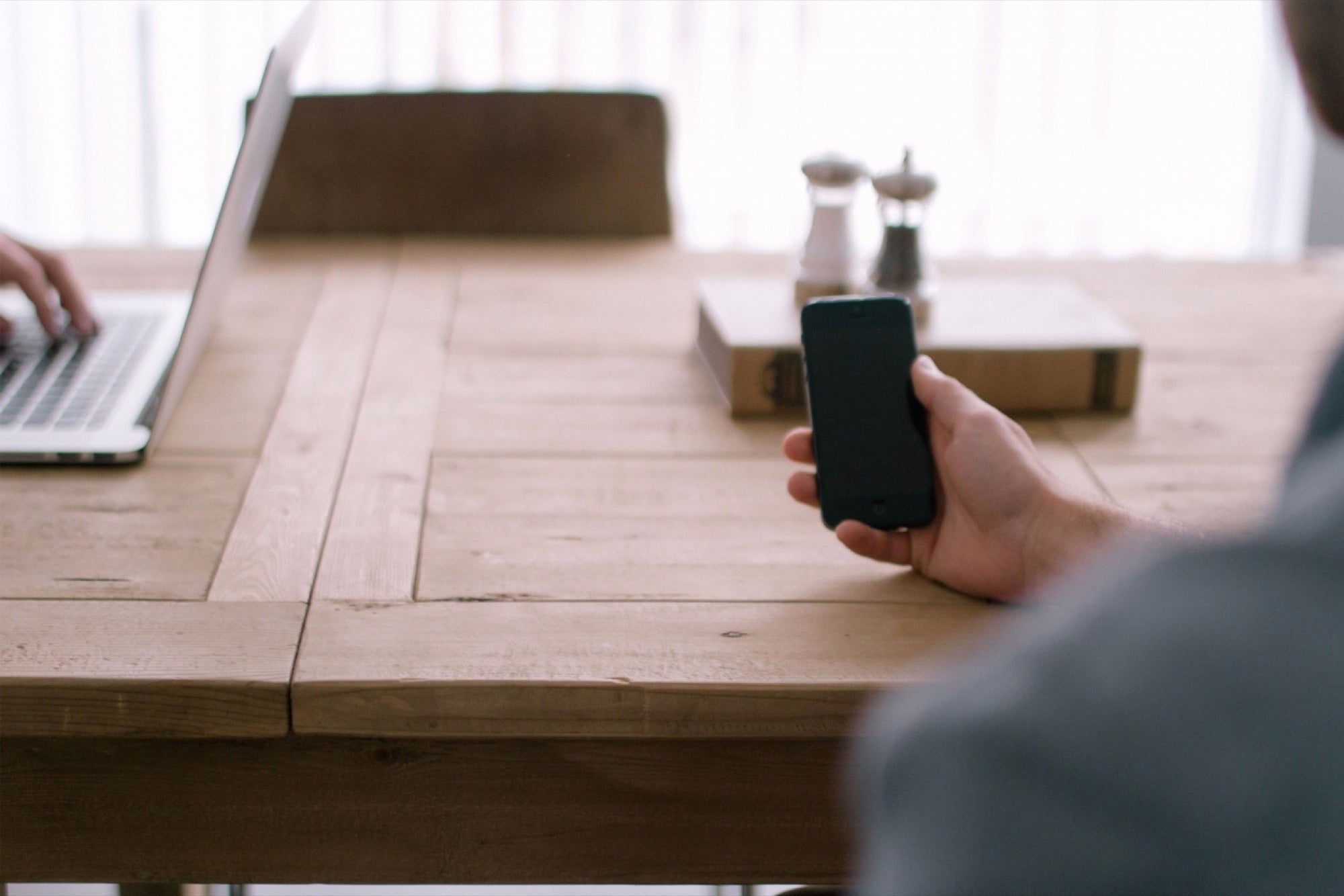The Beginner's Guide to Securely Using Public Wi-Fi Open Wi-Fi networks aren't always safe ones. Make sure your devices are protected against attackers before you surf from a new place.
By Emily Price

Opinions expressed by Entrepreneur contributors are their own.

Wireless internet access is available now more than ever, with everyone from your favorite coffee shop to the restaurant down the street offering free access. While connecting to networks on the go can be convenient, public wireless networks are rarely as secure as your network at home.
Translation: you might want to do your online banking from home instead of at the local pastry shop. But if you are going to use public Wi-Fi -- for personal or business purposes -- here are a few tips to make sure you're surfing safely no matter where you are.
Connect to known networks. Don't allow your devices to connect to wireless networks automatically, and before you connect make sure you've selected the right network. Just because your hotel offers free Wi-Fi doesn't mean the "Free Hotel Wi-Fi" network is one you want to use.
Be sure to ask someone what the network is for your location, as well as for any passwords, before trying to connect. Attackers who are looking to gain access to your PC may create fake networks in order to do so. When you're set to automatically connect to open networks, you might be connecting to one of these malicious networks without even knowing it.
Related: Business Travelers, Rejoice: Delta to Offer $2 Wi-Fi Mobile Pass
Put up your defenses. If you're surfing on a public network, make sure your device knows you're out in open waters. Turn off sharing on your computer, smartphone or laptop to make sure you're not unintentionally providing access to your device to others.
If you're on a Mac, go to System Preferences and then Sharing to find your sharing preferences and make sure they're all unchecked. On a PC, go to your Control panel and then select Network and System settings. Toggle to the Advanced settings within Homegroup to toggle off sharing functionality.
On a PC you can also click Set Network Location from the pop-up window when you connect to a new network, and then select Public Network from the options to turn off sharing within the network and let your computer know you're connected to somewhere you might be more vulnerable than normal.
Use HTTPS. HTTPS allows data to be transferred over the web more securely than standard http sites. You're probably used to seeing https at the front of the URL to your bank or within the shopping cart of your favorite online store. Using a browser plugin you can make all of the sites you visit on your computer HTTPS, encrypting the data and making your browsing more secure. You can snag an HTTPS Everywhere plugin for Firefox, Chrome or Opera for free from the Electronic Frontier Foundation (EFF).
Related: Google to Bring Faster Wi-Fi to Starbucks
Set Up a VPN. If you find yourself frequently browsing the web using unsecure networks, then a Virtual Private Network (VPN) is one of your best defenses against potential attacks. A VPN will route your web browsing through a virtual network elsewhere, making it exceptionally difficult for attackers to target your computer. VPN services typically require a monthly service charge. Popular options include GoTrusted ($5.99 per month) and HotSpot Shield ($29.95 annually). HotSpot Shield also offers a free ad-supported version if you just want to try a VPN out.
Be smart. Along with these tips, it's important to be smart with your activities online, both in your own home and while you're traveling. Create secure passwords, and consider two-factor authentication for some of your most important accounts such as email, social media and banking. With two-factor authentication, even if your password falls into the wrong hands, the attacker will have a hard time using it.
Keep your devices protected, and you're sure to avoid any issues while surfing on the virtual waves.











